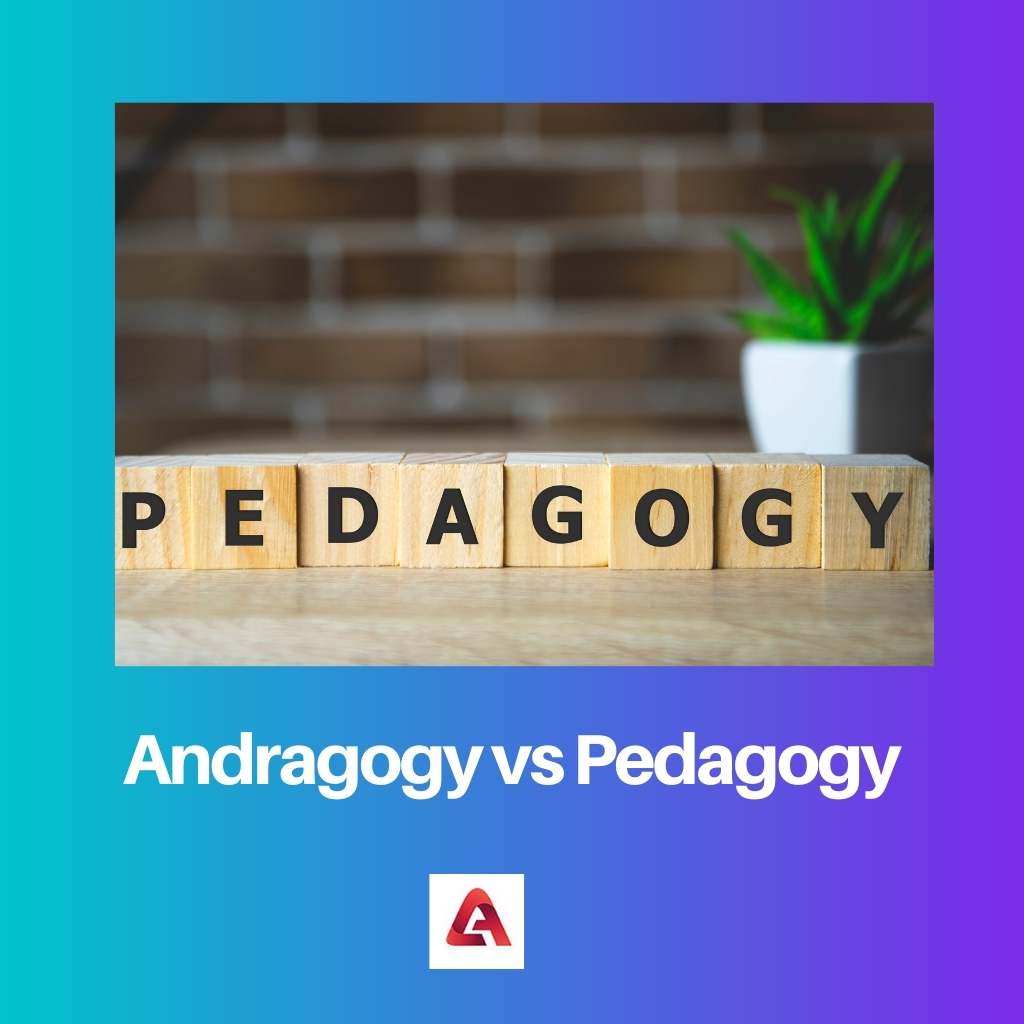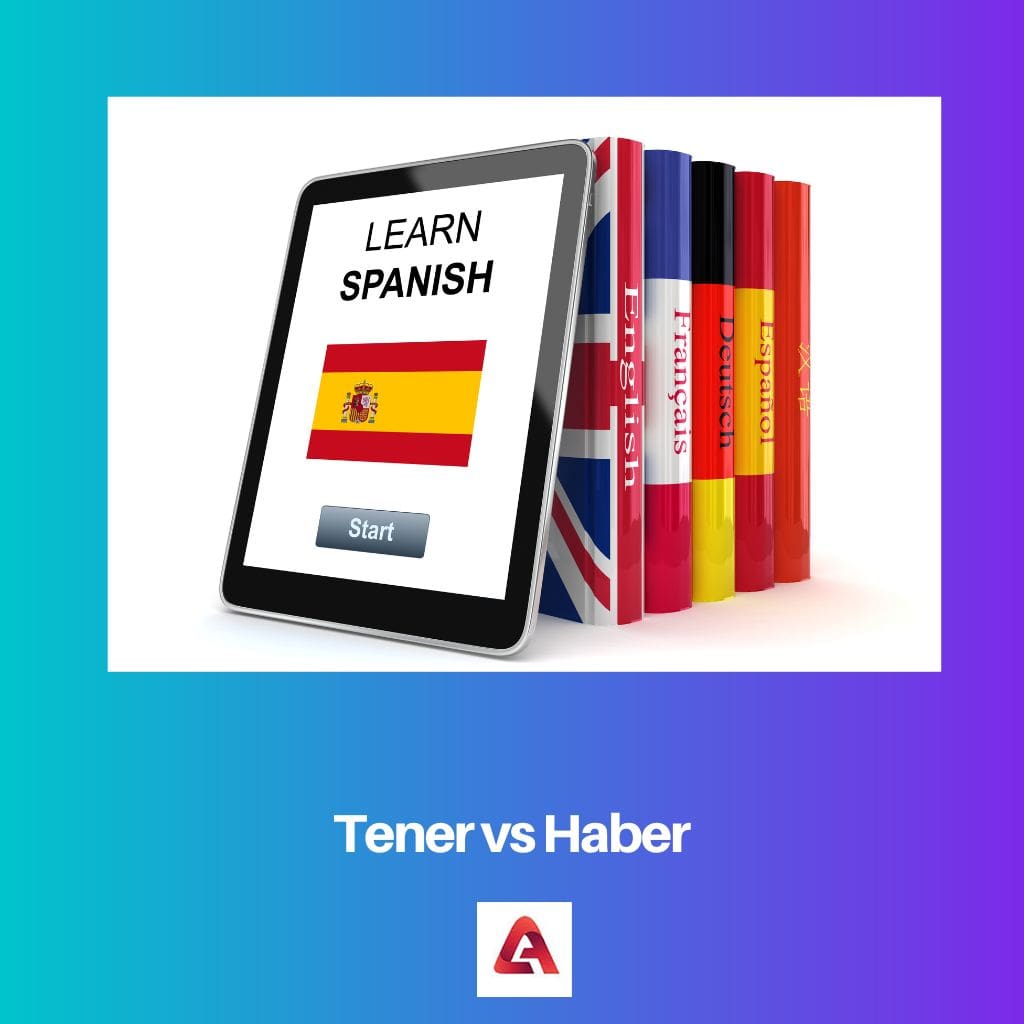Andragogy and pedagogy are two very extensively used styles of learning. They might sound a bit similar but differ a lot from each other.
The pattern and way of teaching something have a lot of emphasis on the learner, and so many techniques are used in order to deal with different types of learners and topics.
Key Takeaways
- Andragogy refers to the teaching methods and principles used for adult learners, while pedagogy pertains to teaching children and young students.
- Andragogical approaches emphasize self-directed learning, practical application, and problem-solving, whereas pedagogical methods focus on teacher-directed learning and content delivery.
- Adult learners bring life experiences and existing knowledge to the learning process, while children rely more on instruction and guidance.
Andragogy vs Pedagogy
The difference between Andragogy and Pedagogy is that in Andragogy, the learner is completely responsible for their own learning; it means that the learner is self-directed. In pedagogy, the learner completely depends upon the teacher or instructor in the learning process. Andragogy and pedagogy are different from each other in many more ways.

In Andragogy, an adult learner gets directed in the line of independence and takes charge of their learning process. The only role of the teacher that remains in Andragogy is to encourage the movement of the learner.
The learning experience of an adult and Andragogy are based on real-life tasks and examples.
Pedagogy is just the opposite of Andragogy. In this, the learner is completely dependent upon the instructor or the teacher to move forward and learn things.
We always require assistance and guidance, and the teacher plays a role in the learning process. This means that the learner is not self-directed in pedagogy.
Comparison Table
| Parameters of Comparison | Andragogy | Pedagogy |
|---|---|---|
| Learner | The learner is responsible for their own learning and is self-directed. | The teacher or instructor is completely responsible for the learning process. |
| Learner’s experience role | A quality experience and liveliness are brought by the learner. | The learner brings a little part of their experience which can be used as resources. |
| Learning Orientation | The learnings must be in coordination with real-life activities and tasks. | This learning process involves acquiring already prescribed matters. |
| Will to learn | When changes are introduced they push the learner to be eager to learn more. | The materials given to the students are in accordance to advance them to a greater level. |
| Motivation | Better quality of life, recognition, self-actualisation, etc. | Competition for grades, external motivation, peer pressure, etc. |
What is Andragogy?
Andragogy is seen as the learning theory for an adult. Everything that an adult learns in this form of learning is on their own.
This means that the learner is self-directed and does not need a teacher or any guidance at every aspect of their learning journey.
Many sources from the learners’ side help them get through many challenges and learn a lot in Andragogy.
The first and foremost is the experience of the learner. Experience plays a vital role in an adult’s learning process and is considered the richest source for improvement and overcoming obstacles. It is not that the learner will require zero assistance from the teacher’s side.
However, their role as a teacher will be very limited and is only going to include increasing the learner having discussions about their experiences and progress, assisting them in problem-solving, and nurturing their self-directed movement.
There are 4 principles of Andragogy given by Knowle. The first is that adults are required to get involved in evaluating and planning their instruction.
Secondly, the learning subjects of Andragogy Masti real-life based sense adults are much more interested when they see results and impact on their personal life.
Thirdly the most important aspect of Andragogy is experience. And lastly, the learning process of adults must be problem centre instead of content-oriented.
What is Pedagogy?
In order to understand pedagogy in the right way, it is just required to note that Pedagogy is just the opposite of Andragogy. Pedagogy is regarded as a science of teaching and is mostly related to children’s learning processes.
Pedagogy is also widely referred to as classroom learning.
In this type of learning, a teacher says the most important role in the learning process. The learner completely relies on an instructor to move ahead and solve problems.
In pedagogy, a learner’s experience plays little to no part in their learning process. This learning process involves acquiring matter that is already prescribed for that stage of learning.
Competition for good grades, peer pressure, and external push play the role of motivation to move ahead in pedagogy.
The study material is framed in such a way that helps the learners to predict their knowledge and move ahead with an even better understanding and knowledge of the subject.
Pedagogy plays a very important role in the education of children, especially in early childhood. The pedagogues need to ensure that children learn in a good atmosphere and give positive outcomes.
Main Differences Between Andragogy and Pedagogy
- In Andragogy, the learner is the one who is completely responsible for their learning process and is self-directed. In Pedagogy, a teacher or an instructor is involved in learning and is responsible for it.
- The learner in Andragogy brings their experiences into the learning process, whereas the experiences of a learner in Pedagogy play a not-so-significant role.
- A better life quality and self-esteem. Self-confidence and recognition are some motivators in Andragogy, whereas peer pressure, outside motivation, and competition for grades are a few motivators in Pedagogy.
- When learners face changes and challenges in Andragogy, they try to push themselves in order to perform better. On the other hand, in Pedagogy, an already set material has to be learned by the learner to reach higher levels of learning.
- The learning orientation in Andragogy involves a good amount of real-life problems and tasks, whereas, in pedagogy, an already prescribed study material is to be learned.




